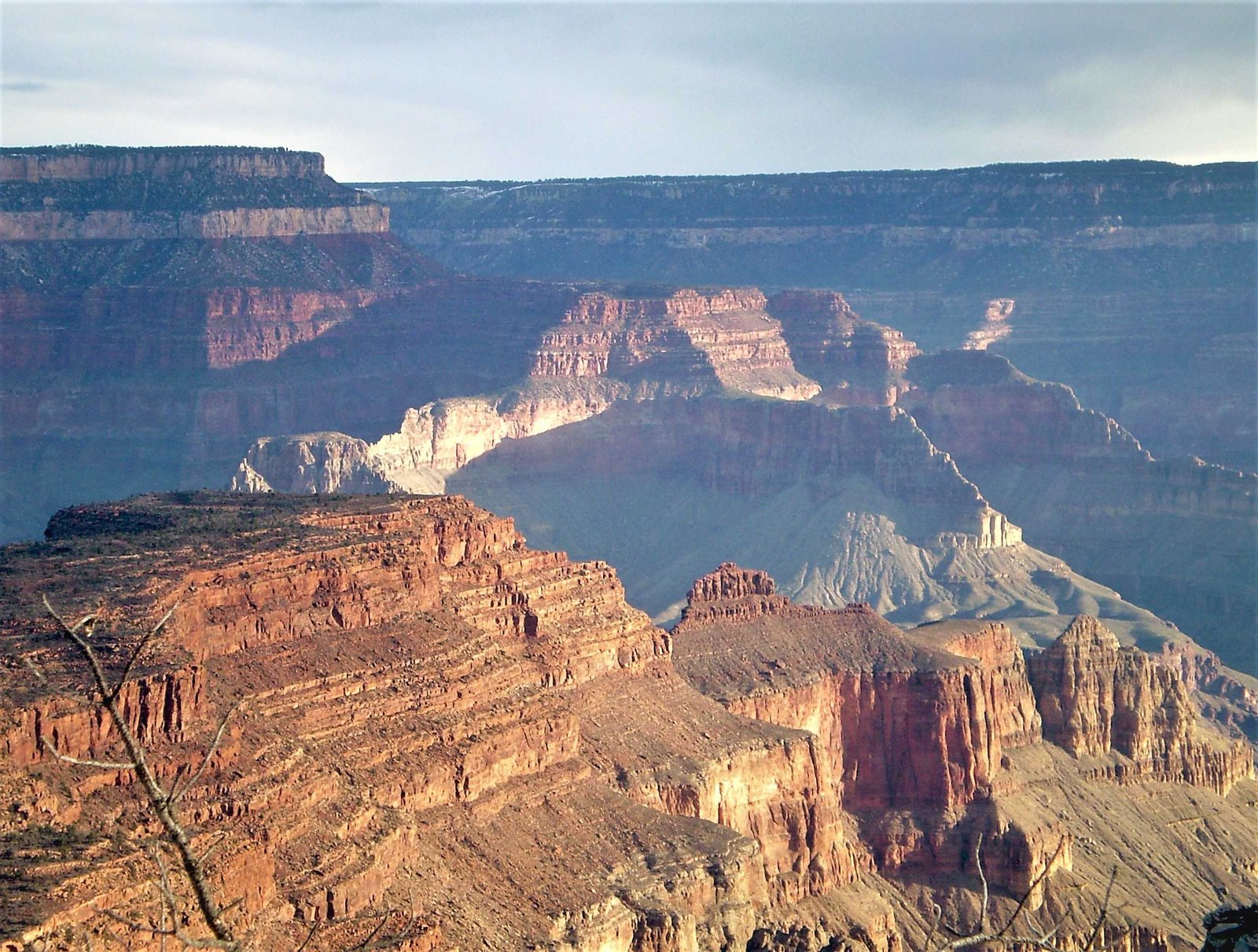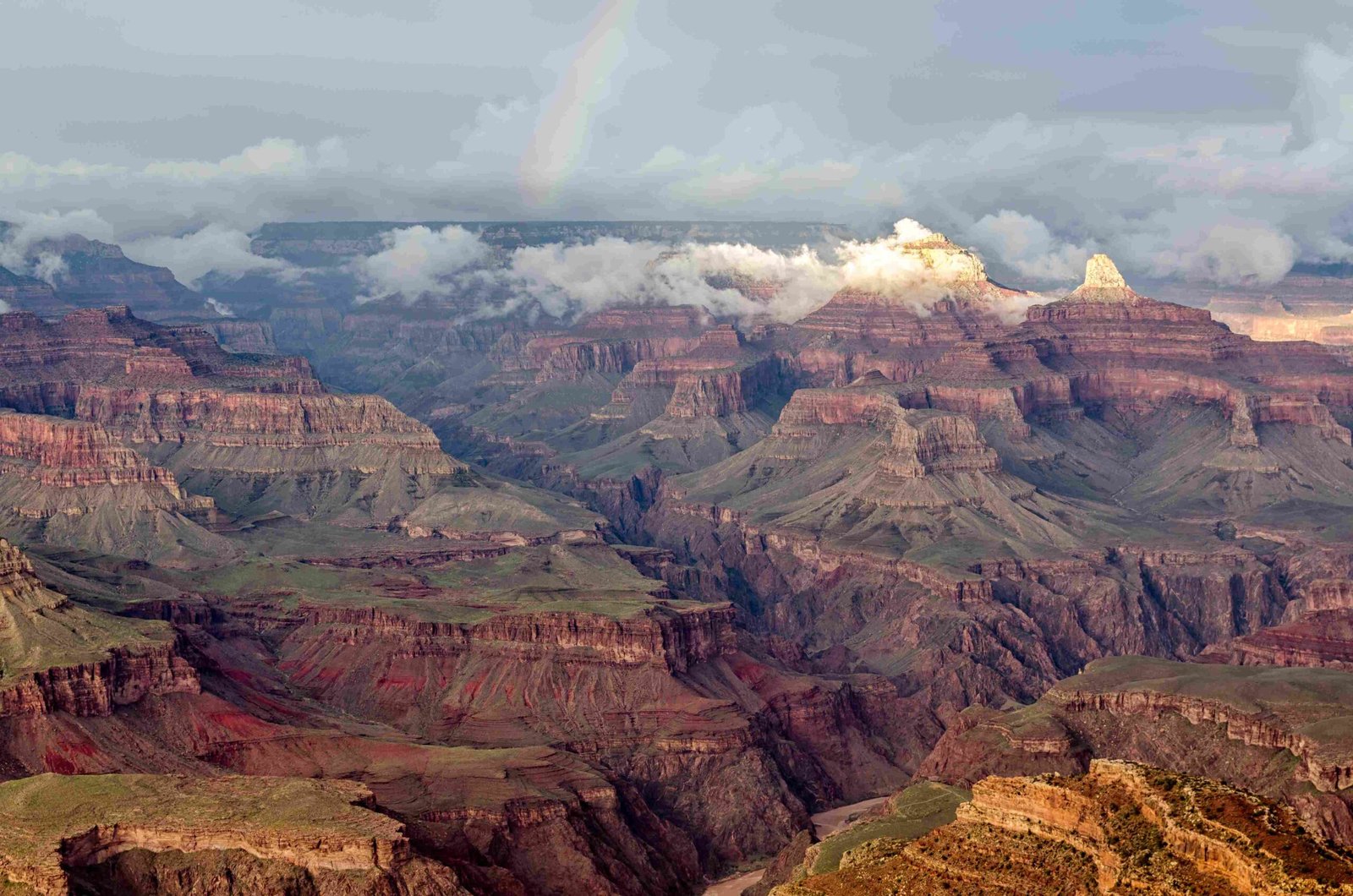Navigating the Grand Canyon with a fear of heights can feel overwhelming, but it’s not impossible. This comprehensive guide provides strategic insights, trail recommendations, and psychological techniques to help hikers with acrophobia safely explore one of the world’s most magnificent natural landscapes. Whether you’re a novice hiker or an experienced adventurer, understanding how to manage your fear can transform your Grand Canyon experience.
Why Do Hikers Fear Grand Canyon Trails?

The Grand Canyon’s dramatic landscape presents unique challenges for individuals with height-related anxieties. Steep drop-offs, narrow trails, and exposed cliff edges can trigger intense psychological responses, making hiking seem daunting.
Psychological Triggers of Height Anxiety
| Trigger | Impact | Mitigation Strategy |
|---|---|---|
| Steep Drop-offs | Intense panic | Focus on trail, use trekking poles |
| Exposed Cliff Edges | Vertigo | Stay center of trail, avoid looking down |
| Narrow Pathways | Increased stress | Use guided tours, practice breathing techniques |
What Trails Are Safe for Acrophobic Hikers?

Bright Angel Trail: A Beginner-Friendly Option
The Bright Angel Trail offers several advantages for hikers with height fears:
- Wide, Well-Maintained Path: Reduces exposure anxiety
- Multiple Rest Stops: Allows psychological breaks
- Gradual Descent: Less intimidating than steep trails
Key Considerations
- Total Length: 9.5 miles round trip
- Elevation Change: 4,800 feet
- Recommended Turnaround Points:
- Mile-and-a-Half Resthouse
- Three-Mile Resthouse
- Indian Garden
How Can You Prepare Mentally?
Strategies for Overcoming Height Anxiety
- Gradual Exposure Technique
- Start with rim trails
- Practice deep breathing
-
Use visualization methods
-
Essential Gear for Confidence
- Trekking poles
- Comfortable, grippy hiking boots
- Lightweight backpack
- Emergency communication device
What Safety Precautions Should You Take?
Practical Safety Recommendations
- Always inform someone about your hiking plans
- Carry sufficient water and emergency supplies
- Use the buddy system
- Consider hiring a professional guide
- Know park emergency contact information
Where Can You Find Comfortable Viewing Spots?
Recommended Low-Stress Viewpoints
- Mather Point
- Broad canyon views
- Minimal edge exposure
-
Easily accessible
-
Yavapai Point
- Panoramic perspectives
- Safe viewing platforms
- Visitor center nearby
Can Professional Help Make a Difference?
Benefits of Guided Experiences
Professional guides can:
– Provide emotional support
– Offer technical hiking advice
– Help manage anxiety
– Customize trail experience
Final Thoughts on Conquering Canyon Fears
Hiking the Grand Canyon with a fear of heights is achievable through preparation, mental strategies, and selecting appropriate trails. Remember, your comfort and safety are paramount.
Pro Tips
- Start small
- Be patient with yourself
- Celebrate every milestone
Reference:
1. National Park Service – Grand Canyon Hiking
2. Grand Canyon Conservancy Trail Guide
3. American Psychological Association – Overcoming Phobias

